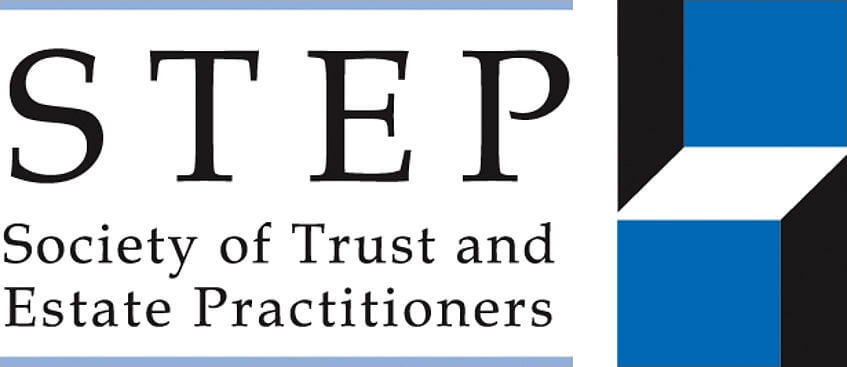In addition, prospect theory suggests that the weight of decisions tend to be greater for outcomes with small probabilities and less for higher probabilities – if investors are faced with the possibility of losing money, they often take on riskier decisions on the basis of loss aversion.
At Milford & Dormor Financial Planning Financial Planners, we believe in an active management approach to investing, whereby different styles of activity can be successful. Some of which ignore investors’ behaviour and others which take advantage of it. There is certainly evidence of this.
Below are three examples of very successful fund managers which adopt very different strategies:
–Giles Hargreave who runs the Marlborough Special Situations fund is one of the best active managers, with a portfolio turnover of over 70%. Clearly Giles has the ability to take advantage of short term market movements.
–Terry Smith of Fundsmith Equity prides himself on inactivity, barely turning over the portfolio at all, ignoring short term market sentiment and focusing entirely on company fundamentals, such as return on capital employed and free cash flow.
–Tineke Frikkee’s UK equity income fund partly consists of “trading stocks” – the small, nimble nature of the fund allows her to do this quickly and effectively to enhance returns on the fund.
However, no style of fund management will perform best in all market conditions. As investment managers running client portfolios, it is our responsibility to construct an appropriate blend of funds to maximise returns, given the client’s attitude to risk, across the market cycle. Accordingly, we take a long term approach to managing portfolios at Milford & Dormor Financial Planning Financial Planners.
We do consider passive funds for inclusion into our portfolios, however, they only make up a small part of our investment universe. For example, in the US, where very few active managers outperform the index due to the efficiency of the market, an index tracker might be appealing, particularly given the low cost of management. Some smart beta index funds might also be of interest, such as the DB X Nikkei 400 ETF which is not purely market cap weighted, but screens for companies with a range of qualitative and quantitative factors.
In our view, by investing in an index tracker, you are effectively buying a higher proportion of those sectors which have recently performed well and might now be overvalued. In contrast, an active contrarian fund manager would be able to take advantage of sectors which become cheap, and avoid certain sectors altogether.
In summary, although activity is often the downfall of many investors, given the irrationality of behaviour when making investment decisions, there are many fund managers with different strategies which have proven success. We seek to invest in a blend of these funds, to deliver consistent returns for clients over the business cycle.







